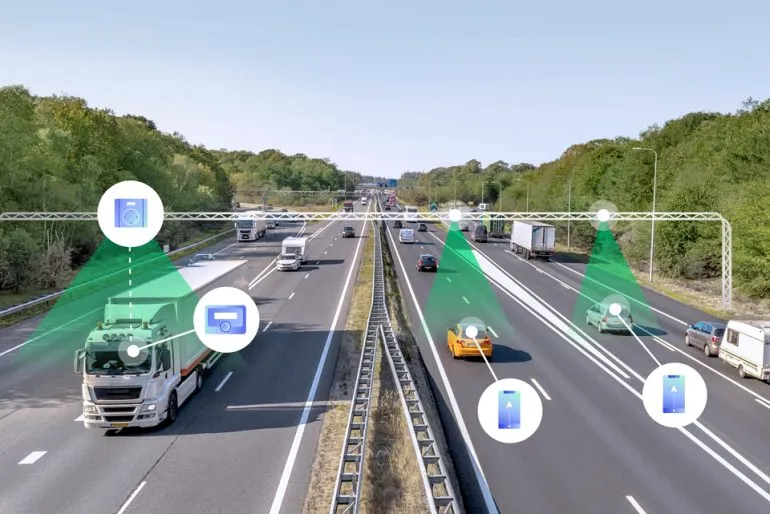Font size:
Print
Global Digital Compact
Context:GDC
At the recent ‘Summit of the Future’ organised by the United Nations, member countries adopted the ‘Global Digital Compact’ (GDC).
More on News:
- The Global Digital Compact is a groundbreaking international initiative aimed at harnessing and regulating digital technologies for the common good.
- It focuses on maximising the benefits of these technologies while ensuring they are used safely and inclusively.
What is the Global Digital Compact(GDC)?
- The GDC is not a binding law but rather a set of shared goals designed for governments, institutions, firms, and other stakeholders.
- Awareness: It aims to promote collaboration and awareness, potentially evolving into soft laws within individual countries as adherence increases.
- This initiative builds on previous UN compacts, such as the ‘Global Compact’ for sustainability and the ‘Global Compact for Safe, Orderly, and Regular Migration,’ both of which focus on international cooperation.
- It acknowledges the transformative impact of digital technologies on society and their role in achieving Sustainable Development Goals (SDGs).
- While these technologies offer considerable benefits, they also pose significant challenges, necessitating a structured approach to governance.
Goals:
- The GDC emphasises human oversight of technologies to advance sustainable development, aligning with international law, the Universal Declaration of Human Rights, and the UN 2030 Agenda.
- To achieve the goals of the GDC, UN member countries have pledged to establish two panels:
- An ‘Independent International Scientific Panel on AI’ and a ‘Global Dialogue on AI Governance.’
- These panels aim to ensure responsible and effective AI development and regulation.
- Key goals include:
- Closing the digital divide.
- Improving access to data and digital technologies.
- Advancing responsible and equitable data governance.
Key Commitments and Actions
The GDC outlines specific commitments and actions:
- Closing Digital Divides:
- Connecting all people, schools, and hospitals to the internet.
- Making digital technologies more accessible and affordable.
- Building an Inclusive Digital Space:
- Strengthening legal frameworks to protect children online.
- Ensuring the internet remains open, global, stable, and secure.
- Data and AI Governance:
- Supporting the development of interoperable national data governance frameworks.
- Establishing an international scientific panel on AI.
- Considering options for a Global Fund on AI.
Principles:
- Inclusive Participation: Ensuring that everyone, regardless of their socio-economic status, has access to digital technologies.
- Sustainability: Promoting the use of digital technologies in ways that support environmental sustainability.
- Trustworthy Technologies: Developing technologies that are secure, reliable, and respect user privacy.
- Free and Competitive Market: Encouraging innovation within a market that is open and competitive.
Digital Goods and Services
|
Critiques of the GDC:
- Openness Limitations: The compact may face restrictions in public-private partnerships due to contractual obligations like non-disclosure agreements and intellectual property protections.
- This could hinder the collaborative spirit necessary for effective digital infrastructure.
- Self-Regulation Issues: It calls for self-regulation among digital technology companies, which has historically proven ineffective.
- Data Governance Risks: Experts warn that increased data collection and sharing, particularly in AI contexts, can amplify risks without robust personal data protection laws.
- Corporate Power in Governance: The GDC proposes to enhance corporate roles in data and internet governance, but it lacks emphasis on the necessary countermeasures to prevent monopolistic practices that could undermine the public interest.
Way Forward:
- The GDC may not revolutionise global governance of digital technologies but can facilitate significant outcomes if member states commit to its principles and goals.
- It emphasises the need for multilateral and regional negotiations to address the complexities of digital governance while promoting capacity building and collaboration in developing digital public goods.
Subscribe to our Youtube Channel for more Valuable Content – TheStudyias
Download the App to Subscribe to our Courses – Thestudyias
The Source’s Authority and Ownership of the Article is Claimed By THE STUDY IAS BY MANIKANT SINGH





